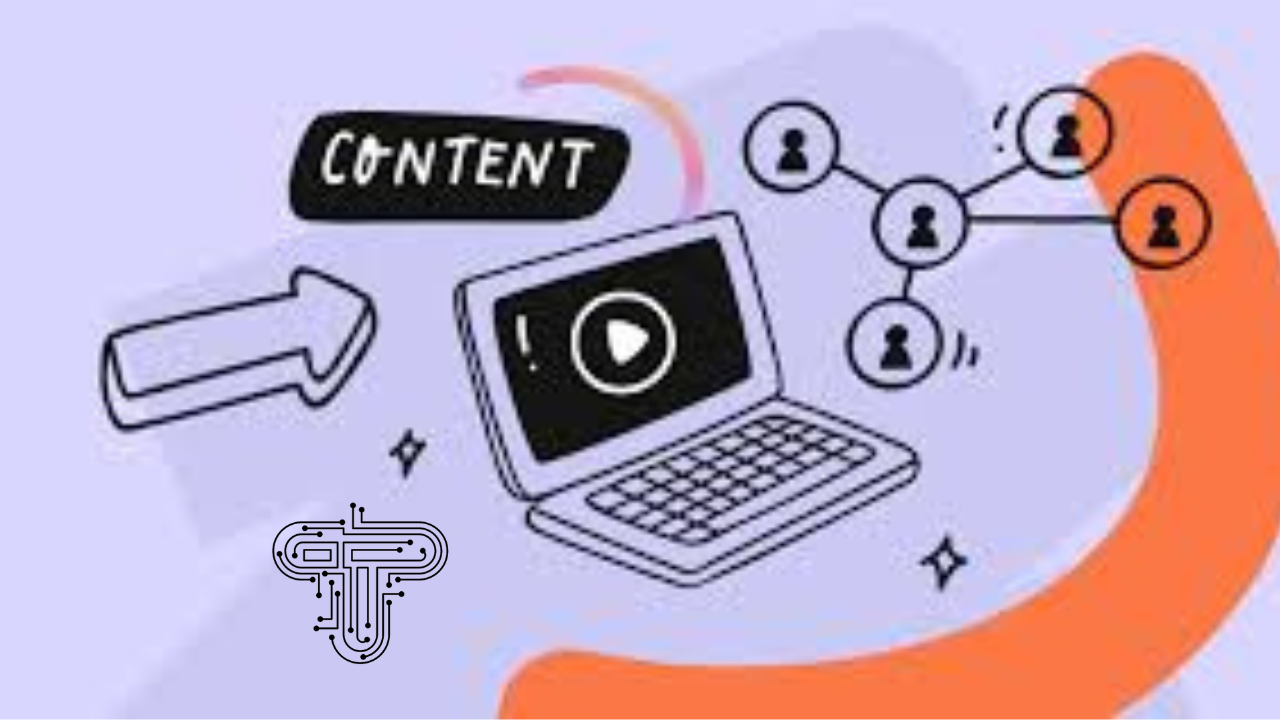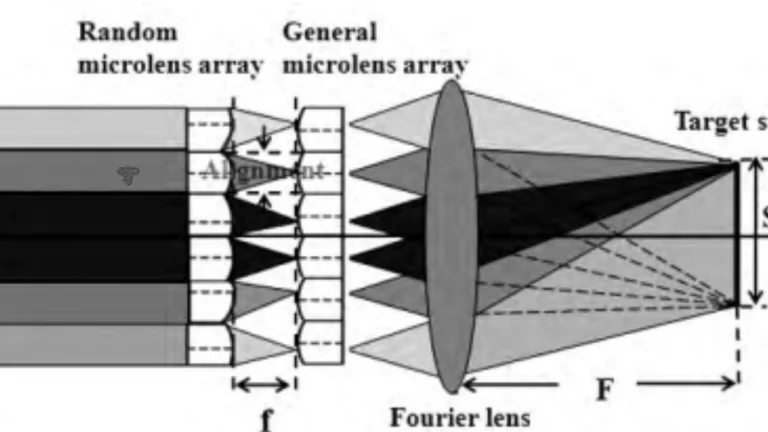AI and Video Content Marketing: A New Era of Engagement
Digital marketing is evolving, and video content marketing is leading the way. The era of engagement has begun with the rise of artificial intelligence (AI). Leveraging AI to create, distribute, and analyze video content drastically changes how businesses make relevant and impactful videos. This article examines how AI affects video content marketing and how companies can increase audience engagement using this trend.
The Rise of Video Content Marketing
Video Content Marketing is an integral part of a Digital Marketing strategy. Recent stats predict that in 2022, videos will make up more than 82% of all consumer internet traffic. This is mainly owing to video’s efficacy in capturing attention and providing information quickly yet engagingly. Videos are more engaging than text and images, serving as better tools for telling stories and communicating a brand.
The Role of AI in Video Content Creation
AI has revolutionized the world of video content creation, making it swifter and more convenient. Video production, as we know it, is slow and expensive, but AI tools are making it accessible to everyone. These solutions use artificial intelligence to automate video editing, instantly generate scripts, and even produce fully AI-created videos.
For businesses wondering how to make AI-generated videos, the process involves using AI software to analyze text inputs, generate visuals, and synchronize audio. This technology allows marketers to produce high-quality videos at scale, significantly reducing production time and costs.
Script Generation
AI can analyze data and tell you what themes and messages resonate with your target, which could be very helpful in scriptwriting. Tools like Copy.ai and Jarvis are oriented around natural language processing (NLP) for scripting human-sounding posts optimized for SEO.
Automated Video Editing
The best part is that AI-powered video editing tools (like Magisto and InVideo) can automate this process through machine learning. From raw footage to a completed, polished video within a few minutes without sacrificing quality, these tools can analyze the raw footage and select the best scenes, add transitions, and recommend music tracks.
AI-Generated Videos
Besides editing, AI can create a video from thin air. First, platforms like Synthesia and Pictory use AI to create videos from text input with synthetic voices and realistic animations in the video. This is great for making explainer videos, product demos, or videos within videos.
Enhancing Video Personalization with AI
Personalization is critical to effective marketing, and AI excels in this area. AI algorithms can analyze viewer data to deliver personalized video content that resonates with individual preferences. This level of customization increases engagement and improves conversion rates.
Audience Segmentation
AI can segment audiences based on their behavior, demographics, and preferences. This segmentation allows marketers to create targeted video content that speaks directly to the needs and interests of different audience segments.
Dynamic Content
Dynamic video content changes in real-time based on viewer data. For example, a retail brand could use AI to create personalized product recommendations in a video tailored to each viewer’s purchase history and browsing behavior.
Interactive Videos
AI can also enhance interactivity in videos. Interactive videos allow viewers to choose their path, answer questions, and engage with the content more immersively. AI analyzes these interactions to provide deeper insights into viewer preferences and behavior.
Leveraging AI for Video Distribution
Fantastic video content is only the first step – distributing it is the second. Artificial intelligence assists in streamlining video distribution by determining the proper channels, times, and formats to reach the target audience.
Channel Optimization
AI tools can access data from several channels and track where your target audience engages most. This enables marketers to understand where to focus based on engagement and ROI.
Timing and Scheduling
Timing is everything in video marketing. It can also scan data from the past to determine the ideal time to upload videos to gain the most exposure and viewership. Hootsuite and Buffer are using AI to schedule the posting time of your video with the most precision and help you post when it will impact you the most.
Format Conversion
Each platform requires a specific video format. AI can automatically generate content in these formats, such as 16:9 for YouTube, 1:1 for Instagram, and vertical for TikTok.
Using AI to Measure Video Performance
The foremost advantage of AI in video content marketing is the analytics of AI-based insights and performance. What works and what doesn’t are established based on a set of performance metrics that AI-powered analytics tools can track for you.
Viewer Engagement
AI tracks viewer engagement metrics, including watch time, click-through rates (CTR), and social shares. These insights show which videos resonate most with their audience and why.
Sentiment Analysis
AI-driven sentiment analysis tools can gauge the emotional response to video content by analyzing comments, likes, and shares. It also uses this analysis to show the audience’s sentiment, which then advises further content creation.
Video ROI Calculation
AI correlates video engagement with conversion rates to calculate the return on investment (ROI) on video campaigns. This calculation can save time and help marketers use resources more efficiently while maximizing their video marketing strategies.
Future Trends in AI and Video Content Marketing
Integrating AI and video content marketing is still in its early stages, but the future holds exciting possibilities. Here are some trends to watch for:
AI-Driven Video Summarization
As the volume of video content grows, AI-driven video summarization tools will become essential. These tools can create concise summaries of longer videos, making it easier for viewers to consume content quickly.
Enhanced Virtual and Augmented Reality
AI will advance virtual and augmented reality (VR/AR) experiences. AI-driven VR/AR can create more immersive and interactive video content, providing new opportunities for engagement.
Real-Time Personalization
AI will make real-time personalization more sophisticated. As viewers watch videos, AI dynamically adjusts content to match their preferences and behavior, creating a truly personalized viewing experience.
Advanced Video Analytics
AI will continue to enhance video analytics, providing even deeper insights into viewer behavior and preferences. Advanced analytics will enable marketers to fine-tune their strategies and create compelling video content.
Learning to edit videos effectively can significantly enhance the impact of your content.
This is mainly owing to the video’s efficacy in capturing attention and providing information quickly yet engagingly.
Read More
Conclusion
Artificial intelligence is redefining the meaning of engagement in video content marketing. Each delivers an alternate AI-based answer to mechanize video creation, scale personalization, mechanize/improve distribution, and drive expanded examination and execution in video conveyance for business-to-consumer or business-to-business use cases. With technology, the possibilities for AI video content marketing are limitless. When adequately handled, businesses adopting these trends could hold the lion’s share of attention, engagement, and marketing goals.







